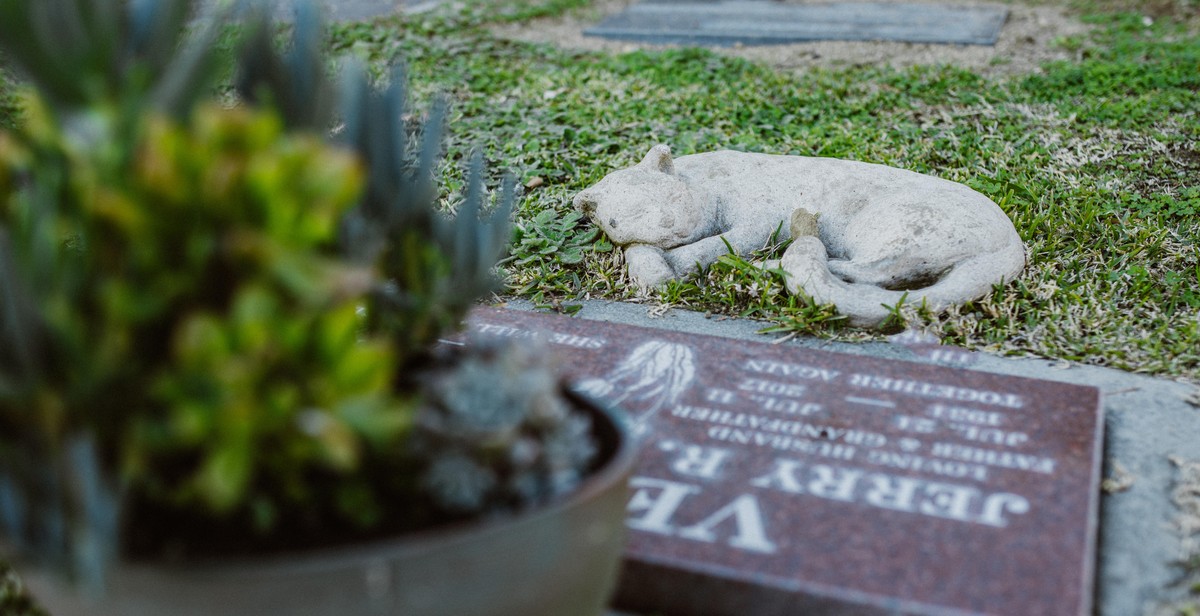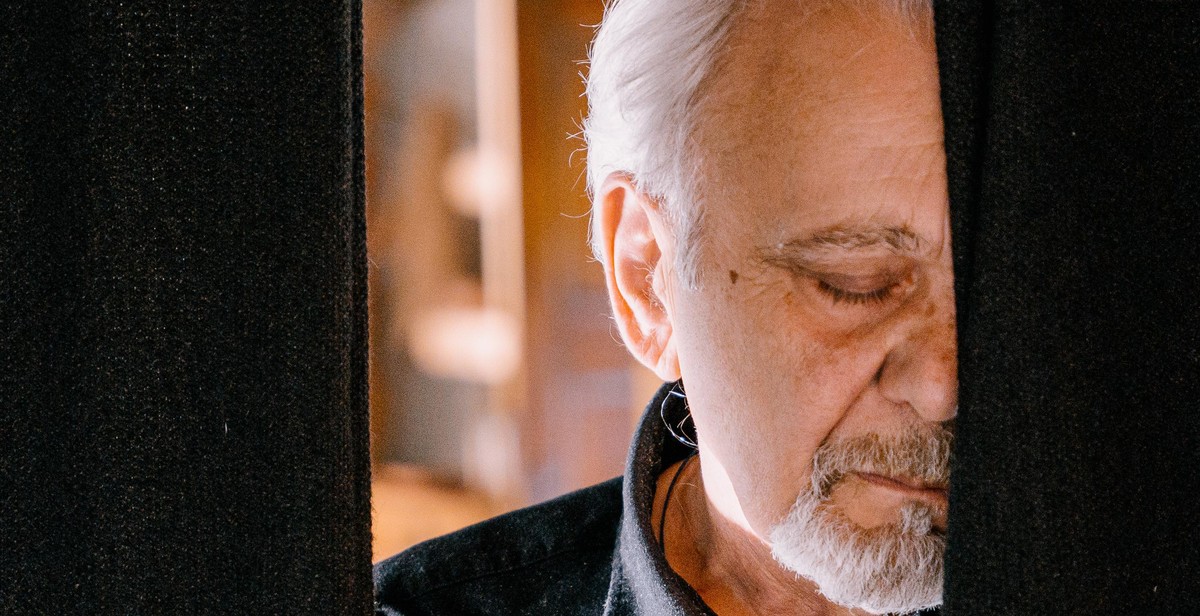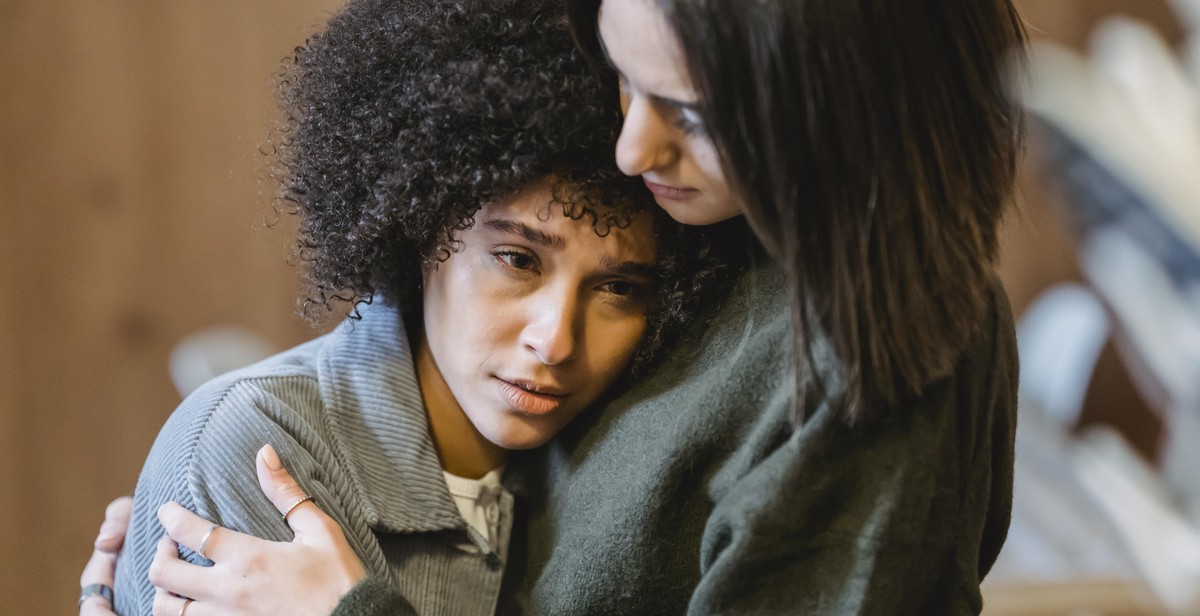How to Cope with Grief and Loss: Strategies for Healing
Grief and loss are inevitable parts of life that can be difficult to cope with. Whether you have lost a loved one, a job, a pet, or a relationship, the pain of losing something or someone can be overwhelming. Coping with grief and loss is a personal and unique experience that varies from person to person. However, there are strategies that can help you navigate these difficult times and begin the healing process.
Recognize and Accept Your Emotions
It is important to recognize and accept your emotions when coping with grief and loss. Allow yourself to feel the sadness, anger, or confusion that comes with the loss. Suppressing your emotions can prolong the healing process and make it harder to move forward.
Seek Support
Seeking support from friends, family, or a therapist can be helpful when coping with grief and loss. Talking to someone about your feelings can provide comfort and help you process your emotions.
Take Care of Yourself
It is important to take care of yourself when coping with grief and loss. This can include getting enough rest, eating well, and engaging in activities that bring you joy. Self-care can help you manage stress and improve your overall well-being.
Find Meaning
Find meaning in your loss by focusing on the positive aspects of the situation. This can include cherishing memories, finding new opportunities, or making positive changes in your life.
By recognizing and accepting your emotions, seeking support, taking care of yourself, and finding meaning, you can begin the healing process and cope with grief and loss in a healthy way.

Understanding Grief and Loss
Grief is a natural response to losing something or someone important to us. It is a complex and intense emotional experience that can manifest in different ways, depending on the individual and the circumstances surrounding the loss. Grief can be caused by a variety of experiences, including the death of a loved one, the end of a relationship, a major life change, or the loss of a job or home.
Types of Loss
Loss comes in many forms and can be experienced differently by each person. Some common types of loss include:
- Bereavement: The loss of a loved one through death is one of the most significant and painful experiences a person can go through.
- Relationship Breakup: The end of a romantic relationship can be difficult and can leave a person feeling heartbroken and alone.
- Job Loss: Losing a job can be a significant loss, as it can impact a person’s financial stability, identity, and sense of purpose.
- Health Issues: A serious illness or injury can cause a person to grieve for their former life and abilities.
- Life Transitions: Major life changes such as retirement, moving, or becoming an empty-nester can also trigger feelings of grief and loss.
Stages of Grief
While everyone experiences grief differently, there are some common stages of grief that many people go through. These stages were first identified by psychiatrist Elisabeth Kubler-Ross in her book “On Death and Dying.”
| Stage | Description |
|---|---|
| Denial | The first stage of grief is often denial, where a person may feel numb or in shock and may struggle to accept the reality of the loss. |
| Anger | As reality sets in, a person may feel angry about the loss and may direct their anger towards others or themselves. |
| Bargaining | During this stage, a person may try to negotiate with a higher power or make deals with themselves in an attempt to reverse the loss. |
| Depression | As the loss becomes more real, a person may experience feelings of sadness, loneliness, and hopelessness. |
| Acceptance | In the final stage of grief, a person begins to accept the reality of the loss and starts to move forward with their life. |
It is important to note that not everyone experiences these stages in a linear or predictable way. Some people may skip stages or experience them in a different order, and some may revisit certain stages multiple times.
Grief is a highly personal and individual experience, and it is important to allow yourself time and space to process your emotions in your own way. By understanding the different types of loss and stages of grief, you can begin to develop strategies for coping and healing.

Strategies for Coping with Grief and Loss
Grief is a natural response to the loss of a loved one. It can be a difficult and overwhelming experience, and everyone copes with it differently. However, there are some strategies that can help you navigate through the grieving process and find healing.
Acknowledge Your Emotions
It is important to allow yourself to feel the emotions that come with grief. Do not suppress or ignore them. Instead, acknowledge them and give yourself permission to experience them. It is normal to feel sadness, anger, guilt, and a range of other emotions. Allow yourself to grieve in your own way and at your own pace.
Take Care of Yourself
Grief can take a toll on your physical and emotional health. It is important to take care of yourself during this time. Make sure you get enough sleep, exercise regularly, eat healthy, and avoid excessive alcohol or drug use. Self-care can help you cope with the stress of grief and improve your overall well-being.
Connect with Others
Connecting with others who are also grieving can be a source of comfort and support. Join a support group or talk to friends and family members who have experienced similar losses. Sharing your feelings and memories with others can help you feel less alone and provide a sense of community.
Seek Professional Help if Necessary
If you are struggling to cope with grief on your own, it may be helpful to seek professional help. A therapist or counselor can help you work through your emotions and provide coping strategies. They can also help you develop a plan for moving forward and finding healing.
Find Ways to Remember and Honor the Person You Lost
Remembering and honoring the person you lost can be a meaningful way to cope with grief. You can create a memorial or tribute, write a letter to your loved one, or participate in a charity or event in their honor. Finding ways to keep their memory alive can provide a sense of comfort and connection.
Remember that everyone experiences grief differently and there is no right or wrong way to cope. Be patient and compassionate with yourself as you navigate through this difficult time.

Conclusion
Grief and loss are inevitable parts of life, and it can be a difficult and painful experience to cope with. However, with the right strategies and support, it is possible to heal and find a sense of peace again.
Takeaway
Remember that grief is a unique and personal experience, and there is no right or wrong way to grieve. Allow yourself to feel your emotions, and don’t be afraid to seek help if you need it.
Strategies for coping with grief and loss
- Allow yourself to feel your emotions
- Take care of yourself physically and mentally
- Find support from friends, family, or a therapist
- Express your feelings through writing, art, or other creative outlets
- Engage in activities that bring you joy and fulfillment
Final thoughts
Grief and loss can be overwhelming, but it is important to remember that healing is possible. By practicing self-care and seeking support, you can learn to cope with your grief and find a way to move forward. Remember that everyone’s journey is different, and there is no timeline for healing. Take it one day at a time, and be kind to yourself along the way.
